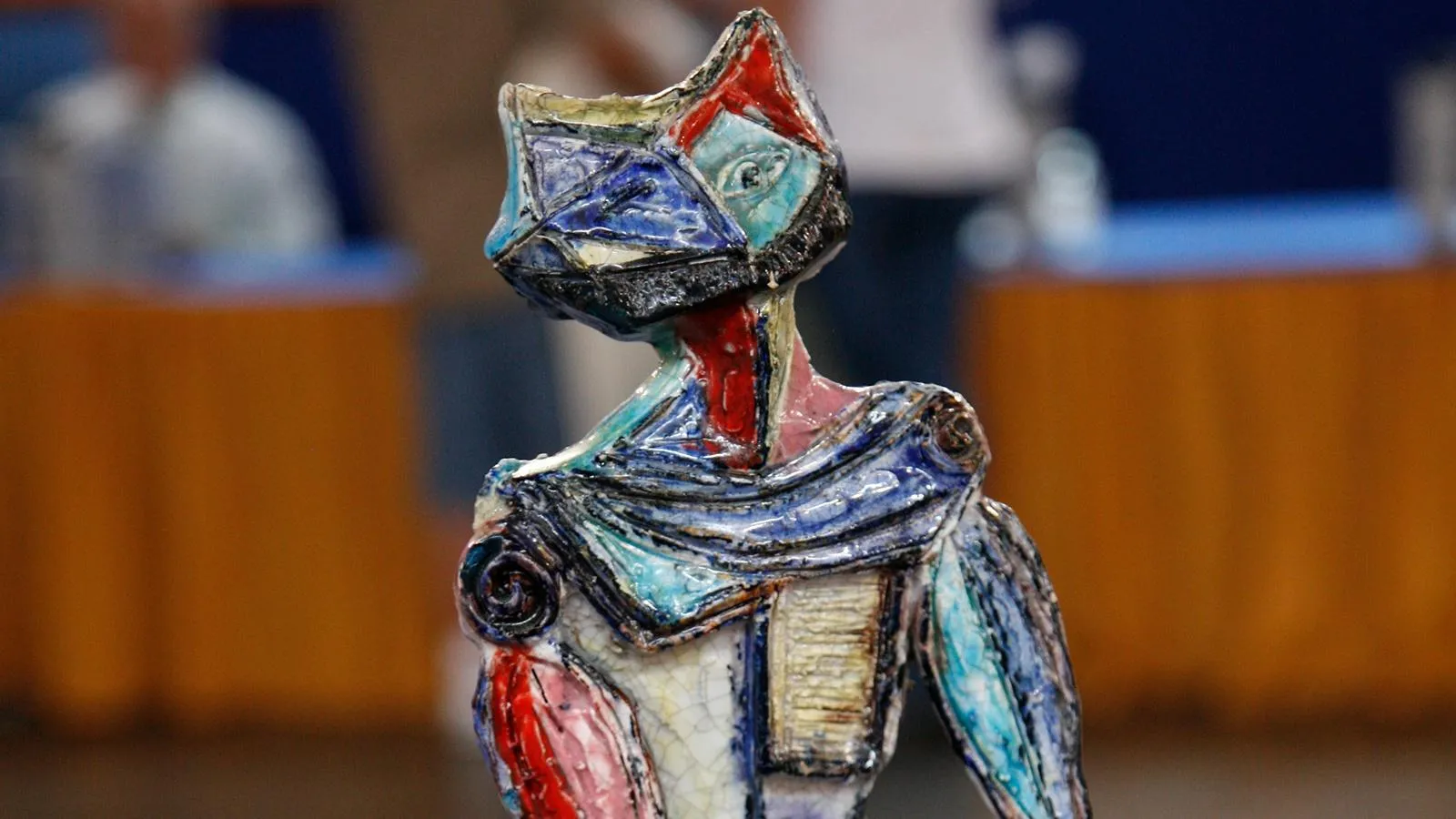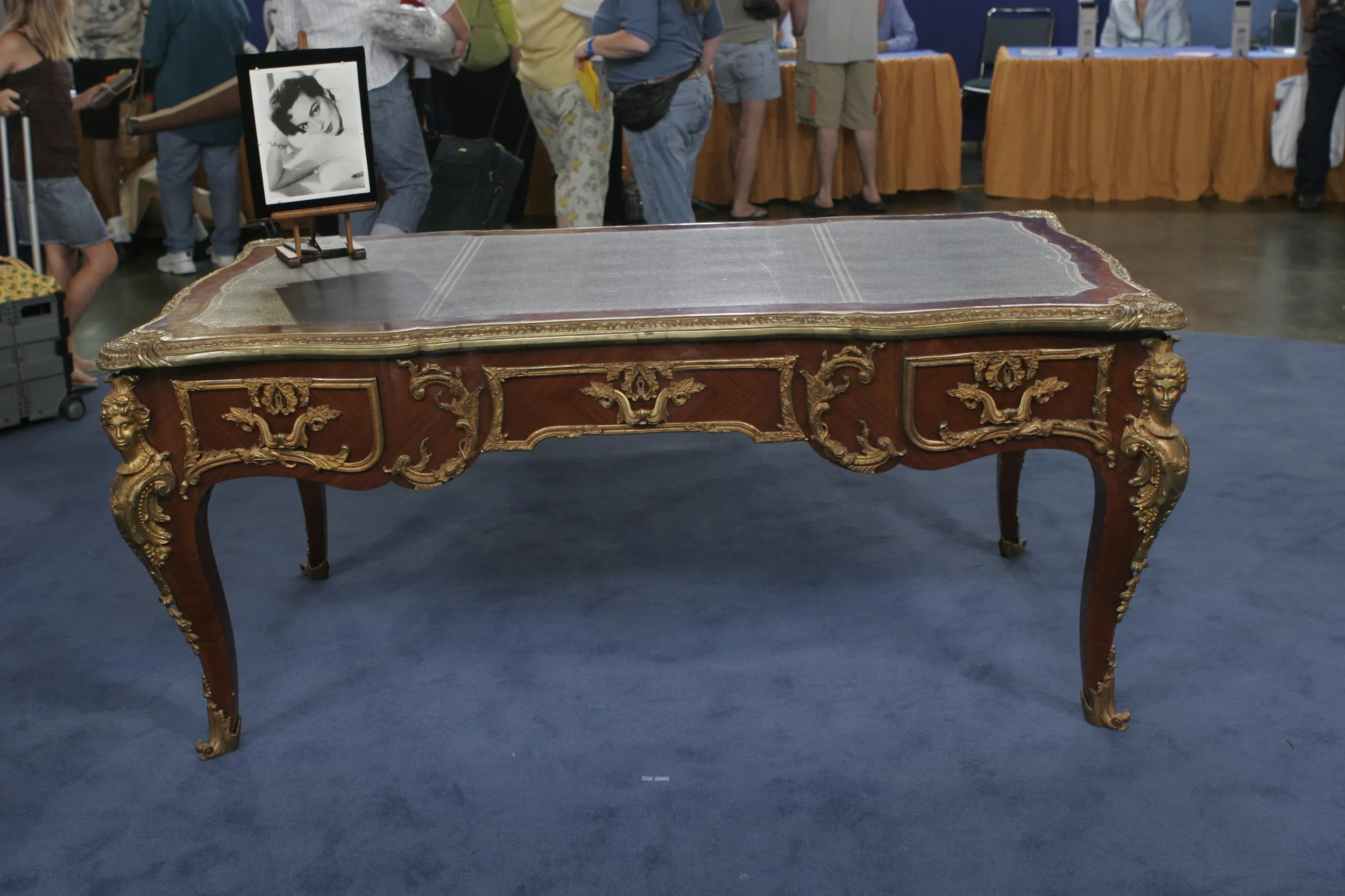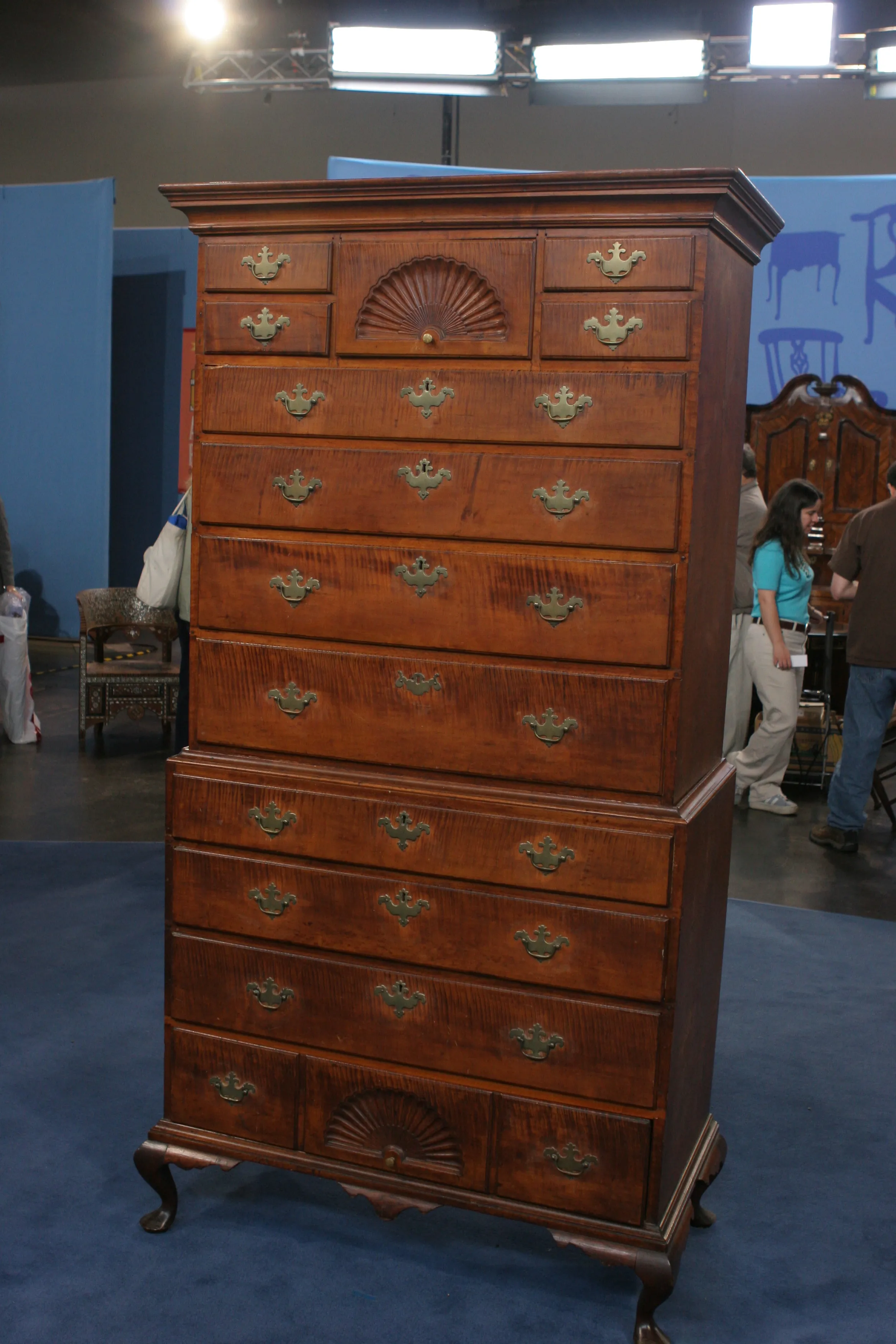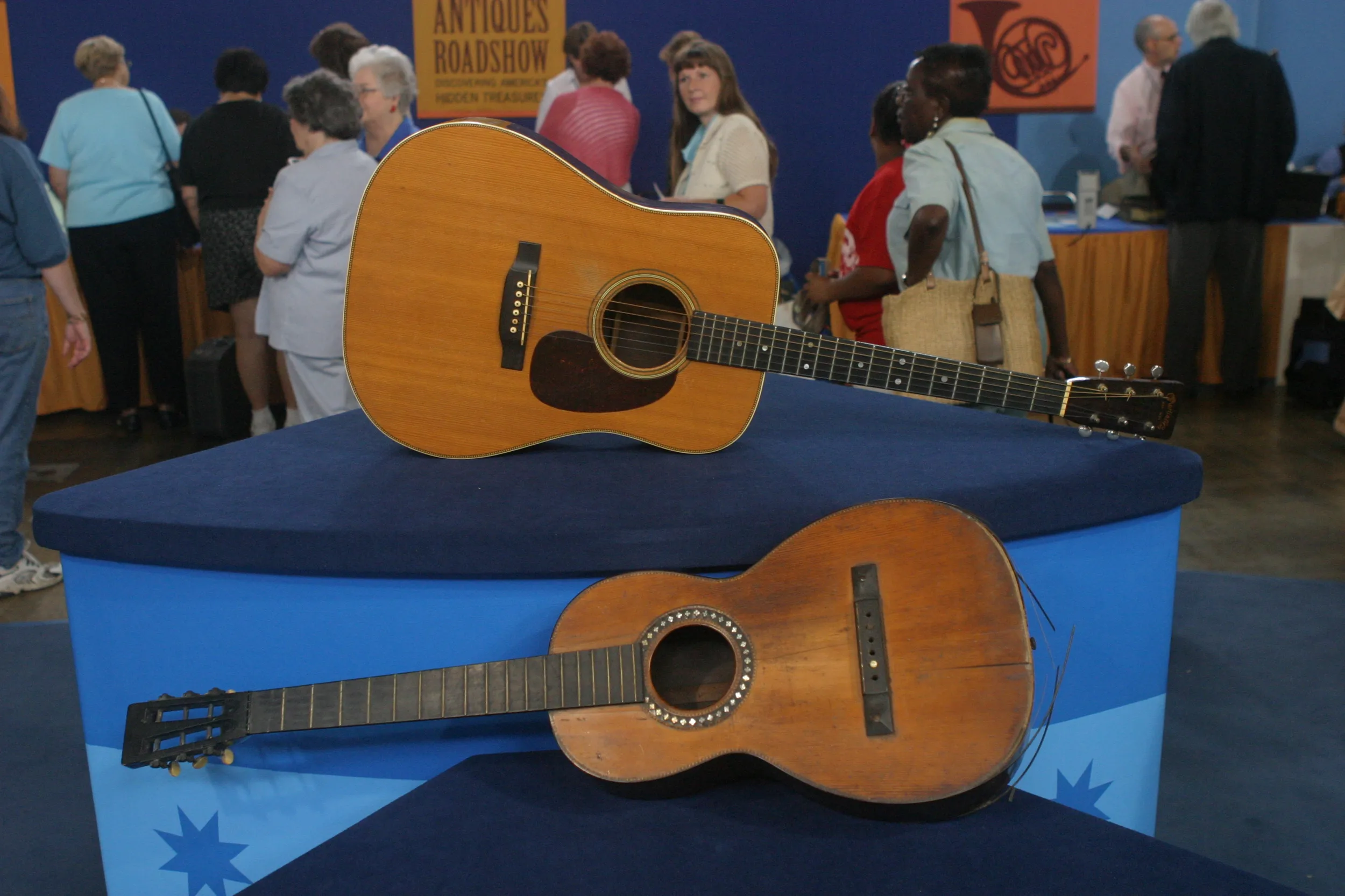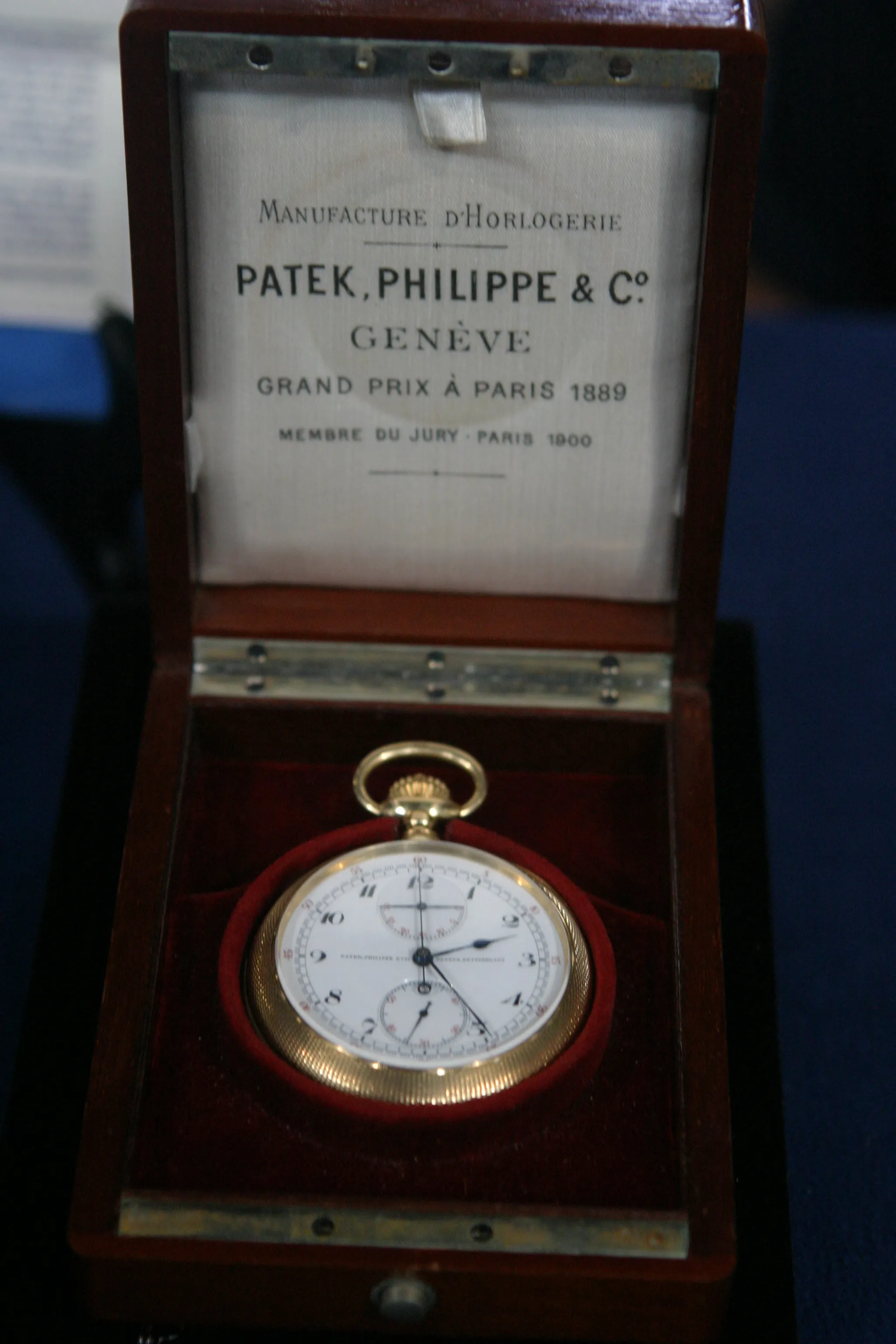GUEST: I brought a clock from my grandfather. He had a collection of clocks that we distributed amongst the family, and this is one that I had gotten, and I really don't know much about it, other than it's a Willard from Boston regulator.
APPRAISER: Aaron Willard is part of America's most famous clock manufacturing family in a period in which clocks were made by individuals, as opposed to big companies. Aaron Willard's brother, unfortunately, overshadowed Aaron throughout his life. His brother Simon Willard is our country's most famous clockmaker. One of the interesting things about the Willards is that the quantity of clocks that they produced was just remarkable. Simon and Aaron probably accounted for 6,000 clocks in their lifetime, and some of their family members would certainly help with that production. They had a vast apprentice system. Many of those apprentices went on to become famous clock makers in their own right. Some of the types of clocks that you might see with Aaron Willard's name on it are tall case clocks, or long case clocks. Aaron Willard made a number of Massachusetts shelf clocks. This particular model is called a tavern clock, and it's one that we see very infrequently. This case is mahogany, and those examples that we have seen in the past all share mahogany cases. The dial actually has sort of a dish form to it, a concave form to it. It's thought that these models were probably sold on more of a commercial basis, much like the gallery clocks that you see in the churches and meeting house of the 1820s, and that's certainly where this clock was made, too. Do you actually run this clock?
GUEST: I run them once a year.
APPRAISER: Once a year, yeah. These clocks have fantastic movements in it. It's weight-powered. It's designed to run eight days on a wind. It's a timepiece, which means that it doesn't strike. And that's very typical for this format. Really super, super quality. Have any idea what this clock is valued at today?
GUEST: Uh, the only thing I could guess is maybe, like, $5,000.
APPRAISER: That's probably pretty conservative. One of the aspects of this particular clock is that it has a condition issue of the signature-- it has been what we call strengthened. Someone's gone over the original signature and sort of made it so that you can see it from across the room. This particular clock, in the condition that it is now, which is really, retail-ready, is probably worth anywhere from $15,000 to $18,000.
GUEST: Oh, wow. Really, wow.
APPRAISER: If the signature hadn't been touched up or gone over, we've seen these sell for $25,000, $26,000.
GUEST: Really? Wow.

